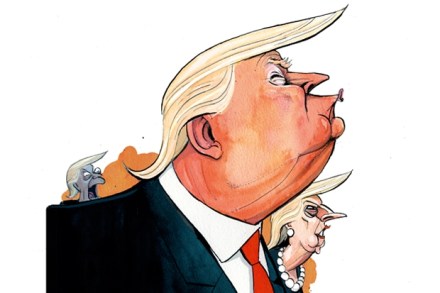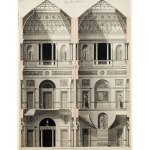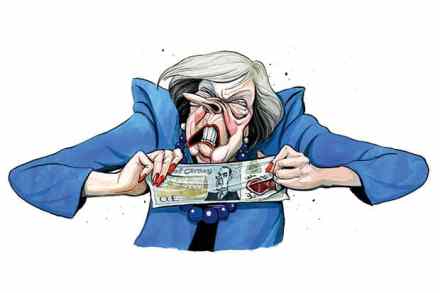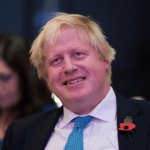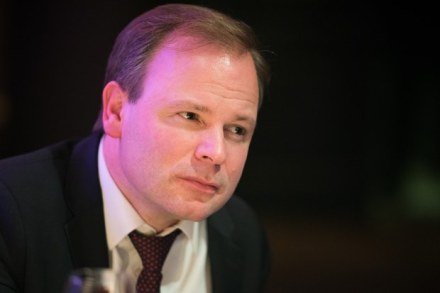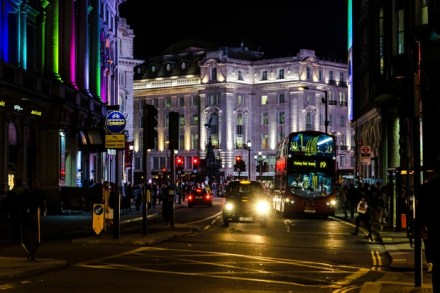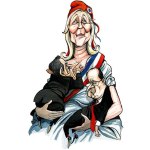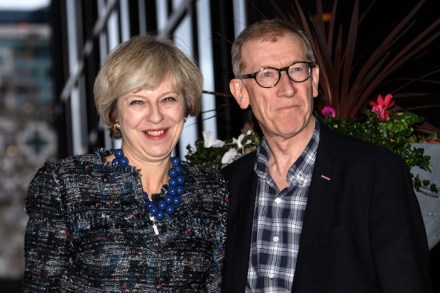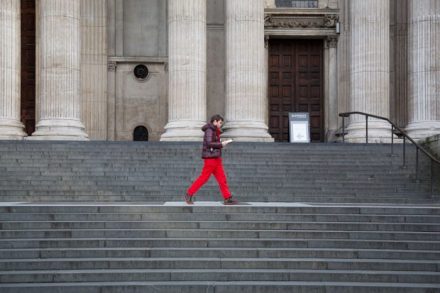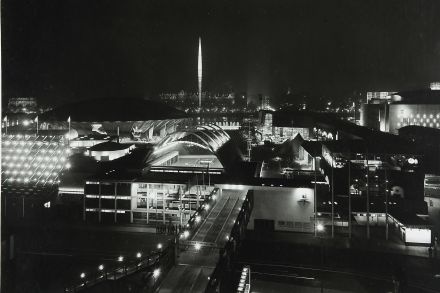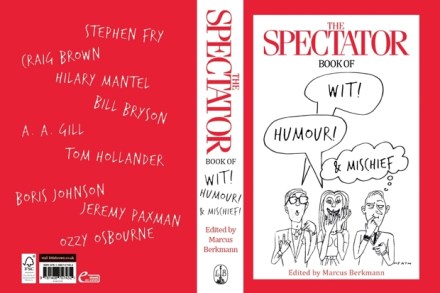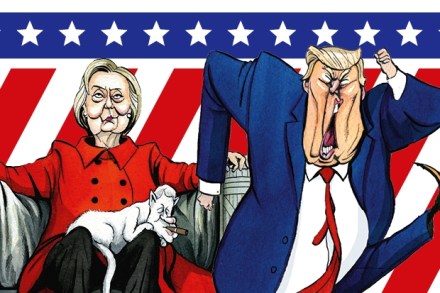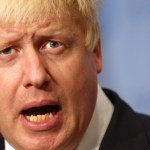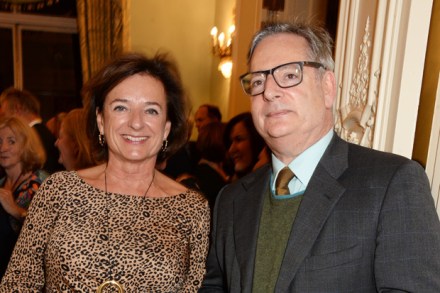The Spectator podcast: The new normal
On this week’s podcast, we discuss the ‘new normal’ that’s emerged in world politics, how Trump’s election went down in Moscow, and whether dating apps are ruining your chances of finding love. First up, Rod Liddle and Nick Cohen go toe to toe on the issue of the right’s resurgence and what Donald Trump’s election means for America’s place in the world. In this week’s magazine, Rod argues that there’s been an enormous paradigm shift in global politics, whilst Nick laments the failure of the right to pass the moral test being set by events. On the podcast, they clash particularly on Russia, with Rod claiming that: “The one thing that made me
